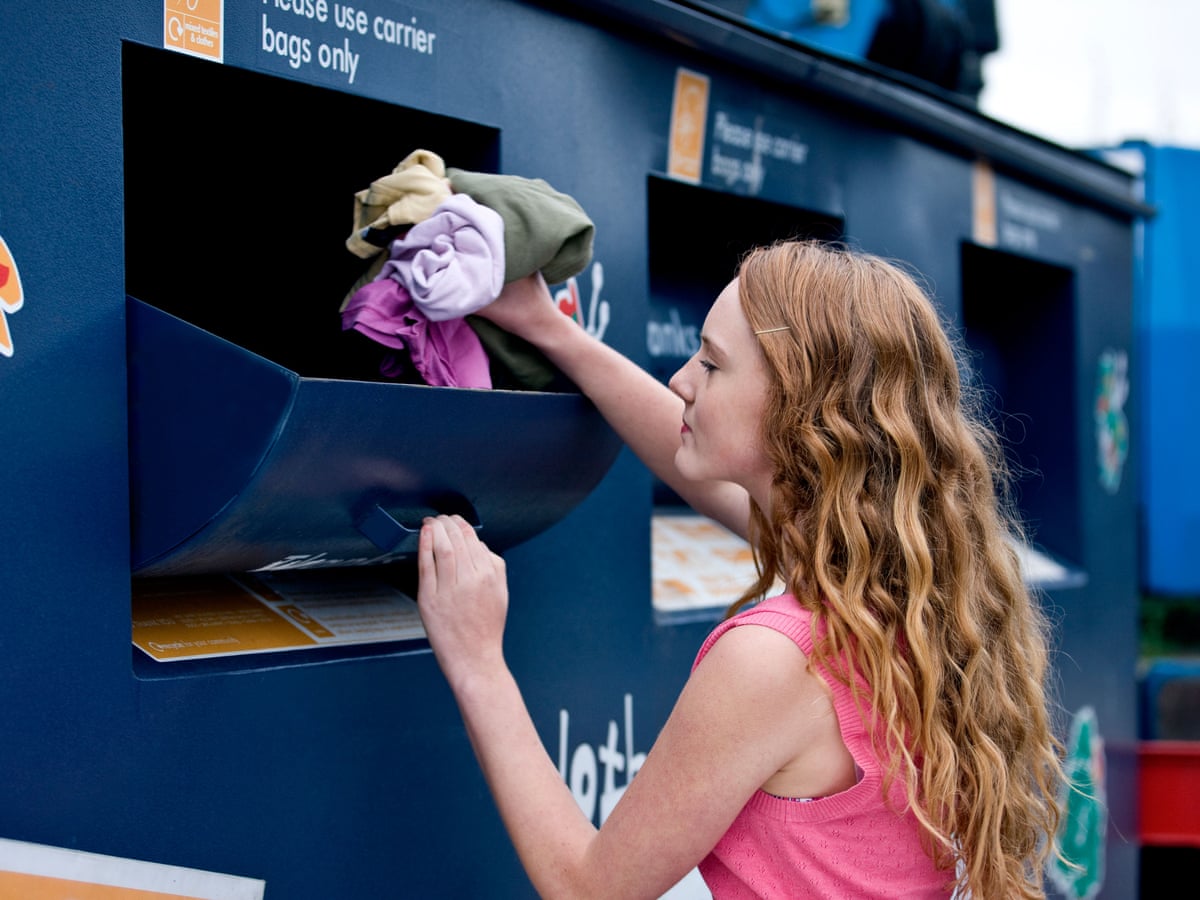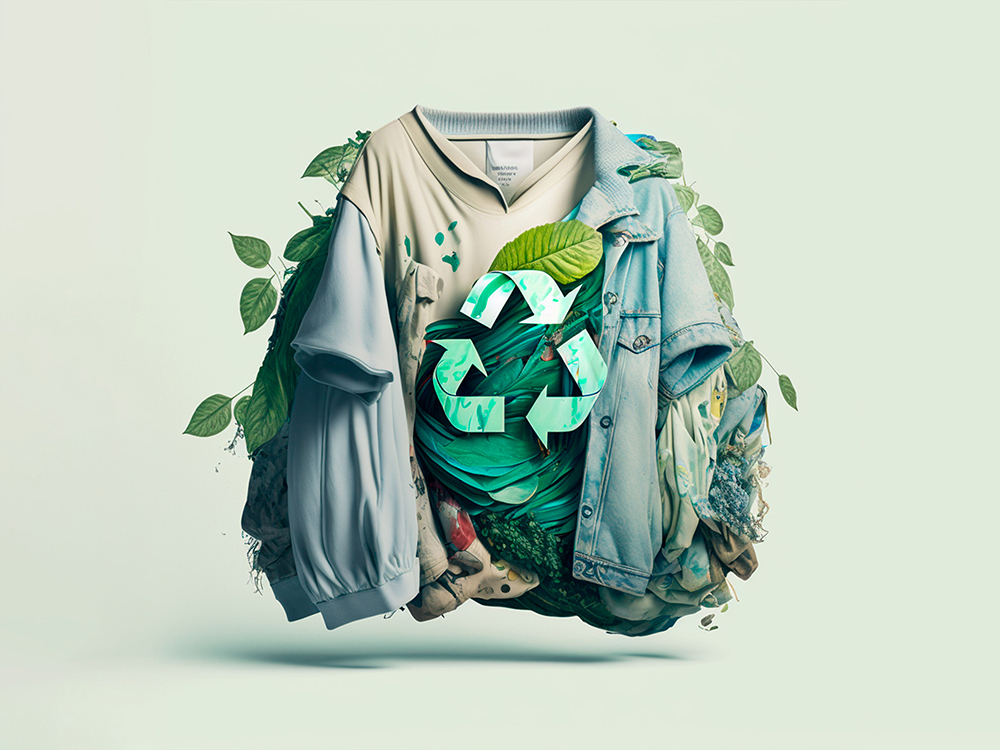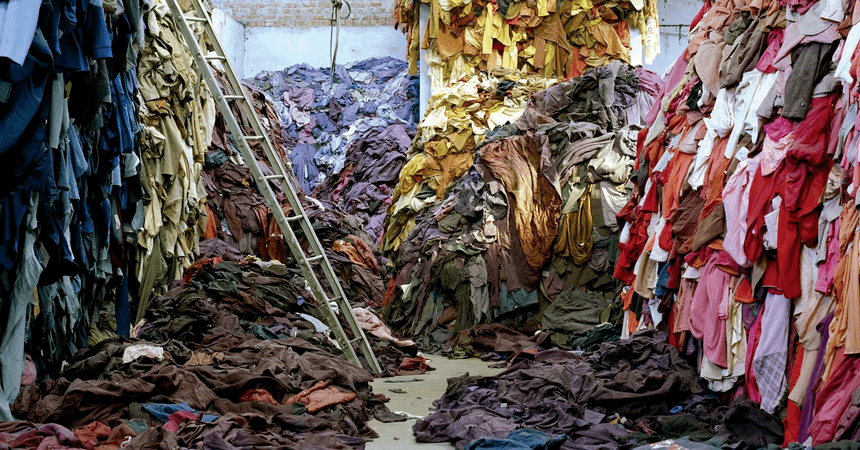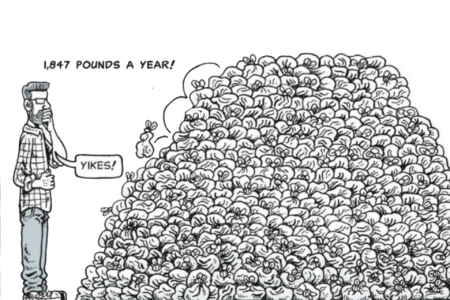
Introduction
The concept of sustainable fashion has gained significant importance in today’s society as we become more aware of the environmental and social impact of our clothing choices. This article aims to explore the relevance of sustainable fashion and its transformative power within the fashion industry. By understanding the negative consequences of fast fashion and embracing ethical and environmentally friendly practices, we can contribute towards a more sustainable and socially responsible future.
Historical Background
The rise of fast fashion has had devastating consequences on the environment and workers. Fast fashion, characterized by inexpensive, mass-produced, and disposable clothing, has led to increased pollution, resource depletion, and waste generation. Additionally, unethical labor practices such as sweatshops and worker exploitation have become rampant in the fast fashion industry. In response to these issues, the sustainable fashion movement emerged, advocating for responsible sourcing, fair labor practices, and environmentally friendly production.
Key Concepts and Definitions
Fast fashion can be defined as a trend-driven approach to clothing production that emphasizes quick and inexpensive manufacturing in response to consumer demand. This results in garments that are often of low quality and have a short lifespan, contributing to high levels of waste. On the other hand, sustainable fashion focuses on ethical sourcing, fair labor practices, and environmentally friendly production. It aims to create clothing that is not only durable and of high quality but also minimizes harm to the environment throughout its lifecycle. Responsible recycling plays a crucial role in sustainable fashion by promoting circularity, reducing waste, and ensuring that materials are reused or repurposed effectively.

Main Discussion Points
Environmental Impact
The environmental impact of fast fashion is significant, with pollution, resource depletion, and waste generation being major concerns. The use of synthetic fibers and hazardous chemicals in manufacturing processes contributes to water pollution and the release of greenhouse gases. Sustainable fashion addresses these issues through practices such as using organic and natural materials, minimizing water usage, and promoting recycling and upcycling. By adopting these practices, the fashion industry can significantly reduce its negative environmental footprint.
Labor Conditions
Unethical labor practices have become synonymous with the fast fashion industry. Workers, particularly in developing countries, face exploitative conditions, low wages, and long working hours. In contrast, sustainable fashion brands prioritize fair wages, safe working conditions, and workers’ rights. They actively engage in partnerships with suppliers and manufacturers that adhere to ethical labor practices, ensuring that the people behind our clothes are treated with dignity and respect.
Consumer Behavior
Consumer demand plays a pivotal role in driving the fast fashion industry and its negative consequences. The constant desire for new and cheap clothing leads to overconsumption and the disposal of garments after minimal use. Sustainable fashion aims to change this behavior by promoting consumer education and awareness. By making informed choices and supporting brands that prioritize sustainability, consumers can contribute to a more responsible and ethical fashion industry.

Case Studies or Examples
Several sustainable fashion brands have successfully implemented ethical and environmentally friendly practices. Patagonia, for example, is known for its commitment to fair labor practices, using recycled materials, and promoting repair and reuse. Another notable example is EILEEN FISHER, which focuses on sustainability throughout its supply chain and has established a take-back program that encourages customers to return their used garments for recycling. These brands have not only made a positive impact on the industry but also influenced consumer perception, demonstrating that sustainable fashion can be both fashionable and responsible.
Current Trends or Developments
Recent trends and developments in sustainable fashion reflect a growing interest and support for more responsible clothing choices. The rise of rental and second-hand clothing platforms has gained popularity, allowing consumers to access fashion without contributing to overconsumption. Additionally, the influence of social media and the rise of ethical fashion influencers have played a crucial role in promoting sustainable fashion among a wider audience. These developments signify a shift in consumer behavior towards more sustainable alternatives.
Challenges or Controversies
Despite the growing popularity of sustainable fashion, the industry faces challenges such as high production costs and limited availability of eco-friendly materials. The transition to sustainable practices often requires substantial investment, making it difficult for smaller brands to compete. Moreover, the issue of greenwashing, whereby brands make false or exaggerated sustainability claims, poses a challenge for consumers seeking genuinely sustainable options. Transparency and verifiable sustainability claims are essential to build trust and ensure that sustainable fashion is not just a marketing tactic.
Future Outlook
Looking ahead, the future of sustainable fashion holds exciting potential for innovation. Advances in technology and materials may lead to the development of new, sustainable fabrics and production methods. Additionally, increased government regulations and industry collaborations can help promote sustainability in the fashion industry by incentivizing brands to adopt more responsible practices. Furthermore, changing consumer attitudes and behavior will be instrumental in driving the demand for sustainable fashion, ultimately shaping the industry’s future.

Conclusion
In conclusion, sustainable fashion has emerged as a critical response to the negative environmental and social impacts of fast fashion. By prioritizing ethical sourcing, fair labor practices, and environmentally friendly production, sustainable fashion has the power to revolutionize the industry. It is crucial for consumers to support and engage with sustainable fashion brands and practices, as they play a vital role in creating a more sustainable and socially responsible future. Together, we can build a fashion industry that values people and the planet.
References:
Fletcher, K. (2014). Sustainable fashion and textiles: Design journeys. Routledge.
Joy, A. (2012). Fast fashion, sustainability, and the ethical appeal of luxury brands. Fashion Theory, 16(3), 273-295.
Nielsen, S., & Madsen, A. M. (2019). Sustainable Fashion Consumption and the Fast Fashion Conundrum. Sustainability, 11(12), 3363.




